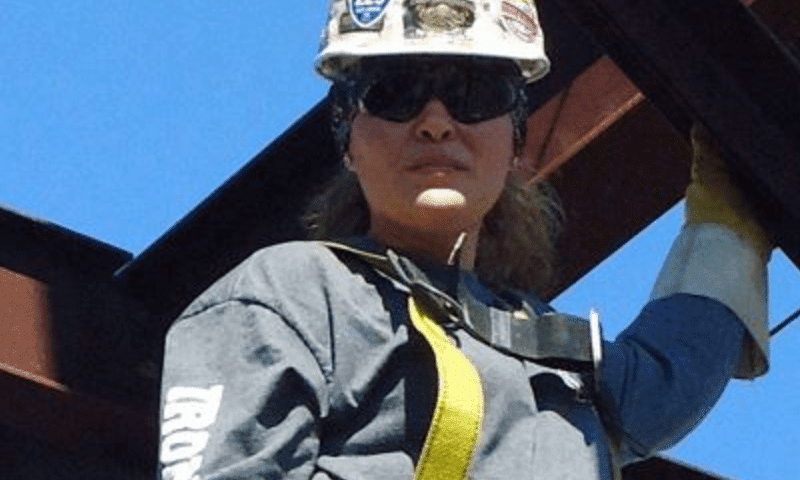
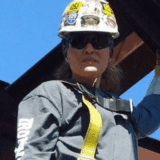
California’s deserts are blooming with windmills and solar farms and, according to a new University of California, Berkeley report, these large-scale projects are creating top quality jobs.
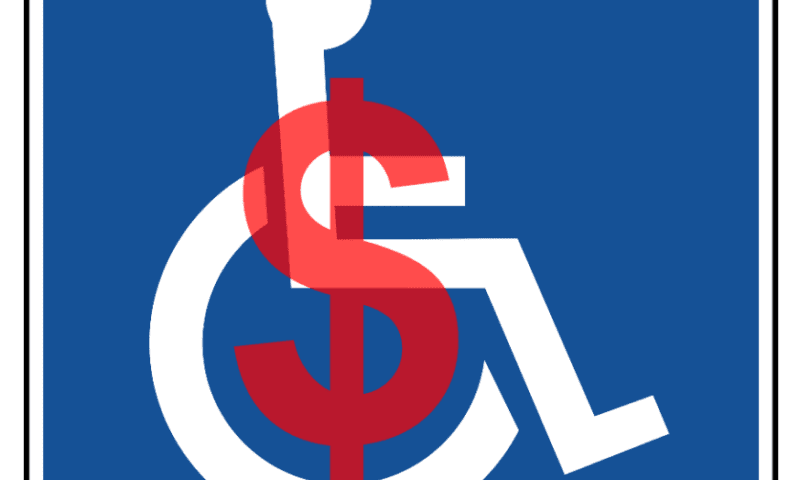
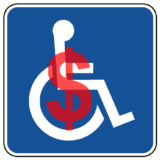
Transportation is the backbone of a thriving and sustainable economy. Therefore, a public transit system should be judged by how it treats those that need it most, especially people with disabilities and our most marginalized communities.
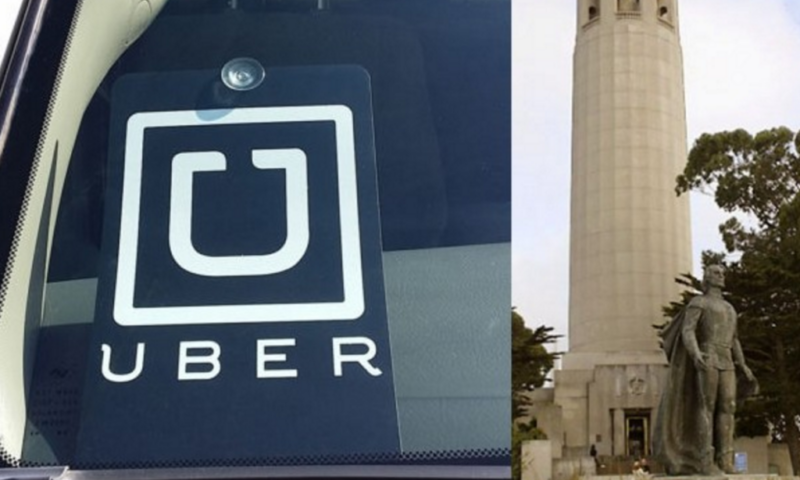
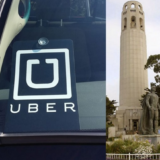
Co-published by Fast Company
It’s not easy being nobody, especially when you used to be somebody. But times are tough; jobs are scarce. When you’re falling straight down the financial cliff face, you reach out to grab hold of anything available to stop your descent and there, just before you land in a homeless shelter or move in with your sister, is Uber.
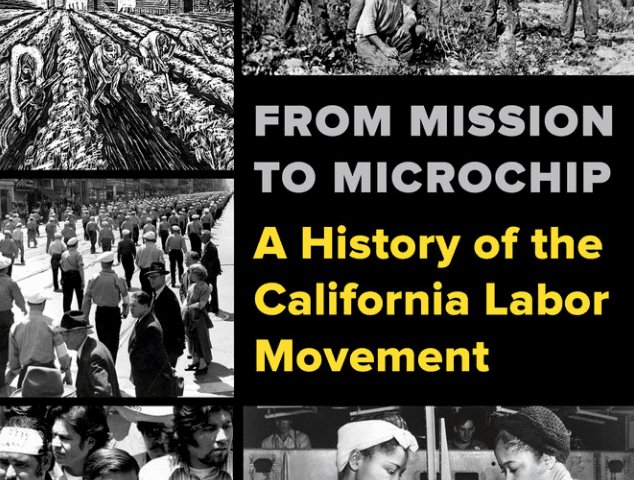
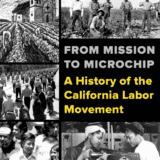
“My impulse was to bring history up to the present,” says Fred Glass about his new book, From Mission to Microchip: A History of the California Labor Movement.


Talking Points Memo recently launched a series called The Hidden History of the Privatization of Everything, focusing on what TPM calls “one of the most significant and pervasive politico-economic trends in the United States in the last half century.”
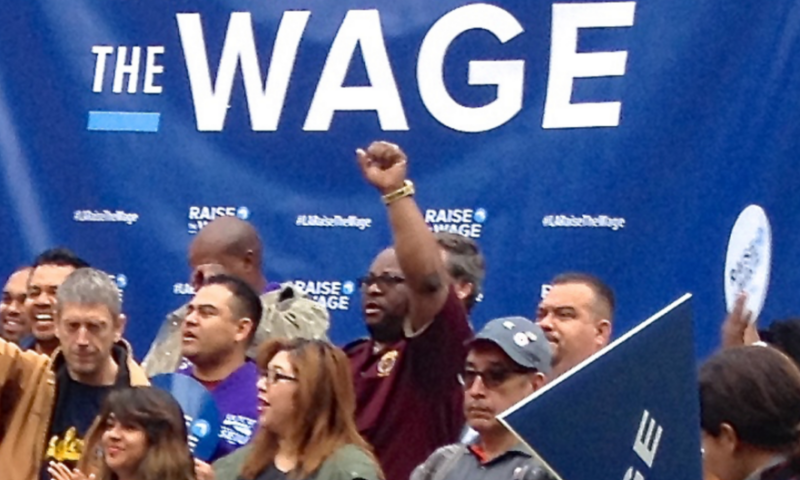
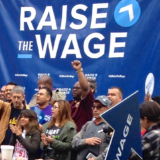
At a time when the income chasm between California’s wealthiest and poorest residents continues to be one of the widest in the nation, 2016 might become a watershed year in California’s ongoing struggle to achieve income equity for the state’s nearly 4.8 million low-wage households.
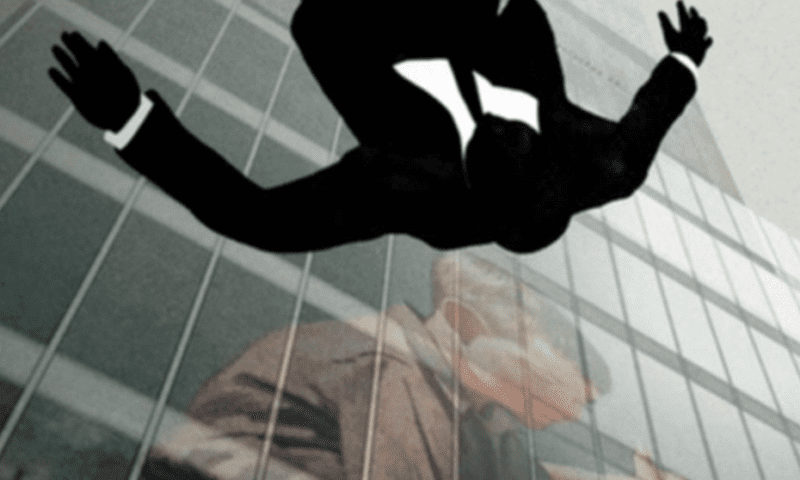

Co-published by The Guardian.
Precariousness is not just a working-class thing. In recent interviews, dozens of academics and schoolteachers, administrators, librarians, journalists and even coders have told me they too are falling prey to an unstable new America. I’ve started to think of this just-scraping-by group as the Middle Precariat.
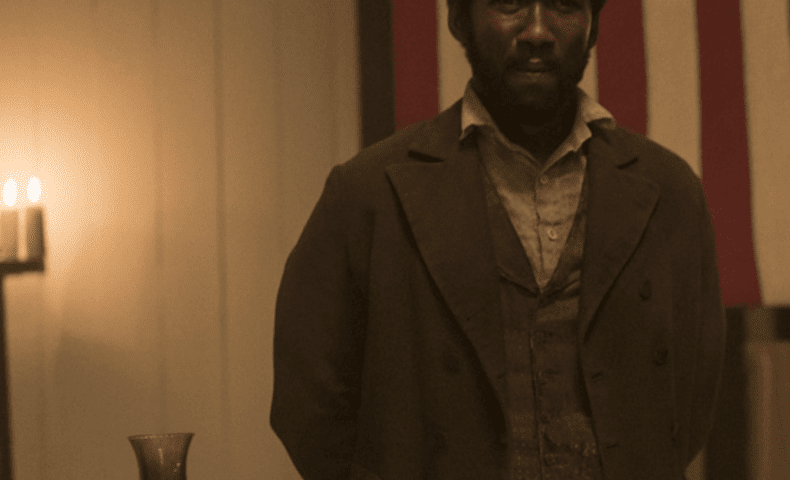
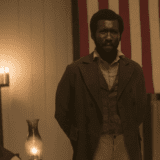
Some reviewers have criticized the movie as another in a long line of “White Savior” films that feature a white protagonist who “leads” African Americans to freedom, or otherwise provides the wherewithal for them to fight their oppressors.


Of all industrialized countries in the world, we’re the only one that doesn’t guarantee full-time employees a paid break.


Eight years ago the world changed. The financial crisis kicked off a recession that left deep scars on the U.S. economy, including making it tougher for many cities and counties to pay for basic public goods like infrastructure and emergency services.
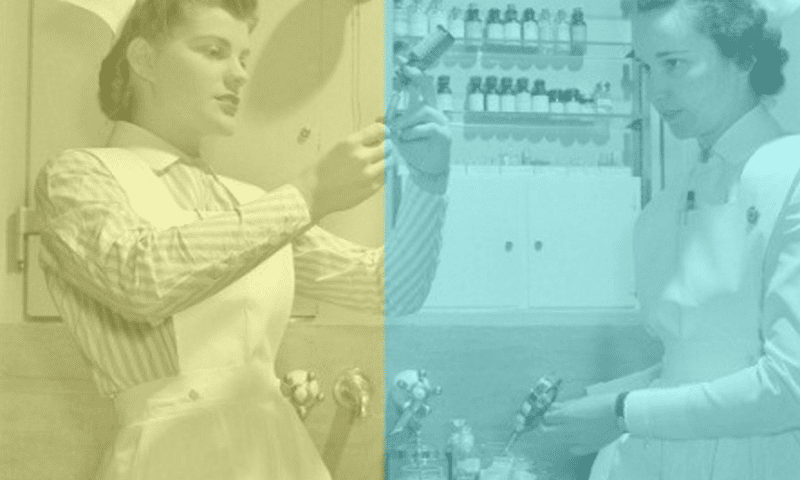

According to a 2014 study published in Nursing Outlook, nurse practitioners are significantly more likely than primary care physicians to “practice in urban and rural areas, provide care in a wider range of community settings and treat Medicaid recipients and other vulnerable populations.”


Capital & Main asked political economist Robert Pollin if Brexit really does represent End Times or simply the end of our 401(k)s.
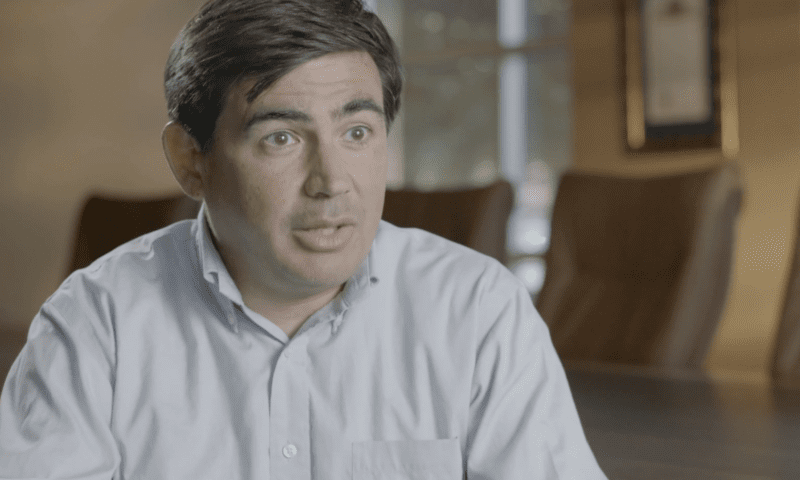
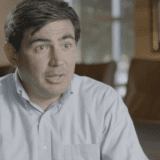
“Uncovered California” is a three-part series of stories and videos examining how the Golden State is trying to fill holes in its health care coverage.
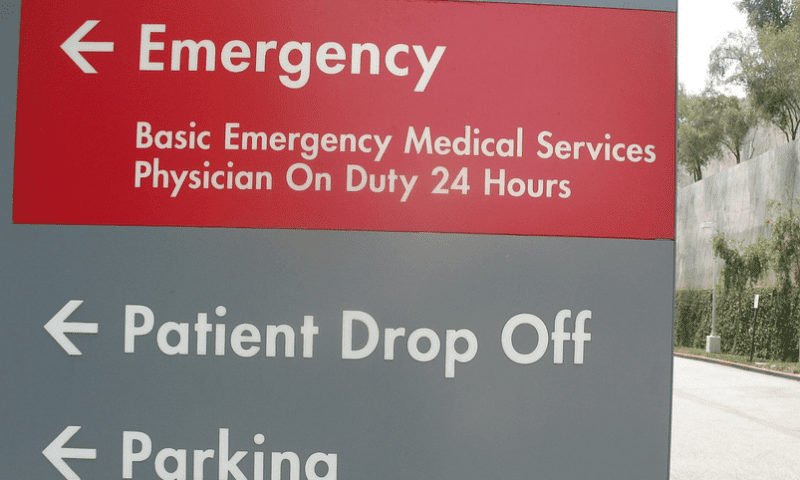

“Right now, I have a medicine sitting at Wal-Mart pharmacy that I can’t purchase till payday,” Jacqueline, a 55-year-old San Diegan told me during a telephone interview in mid-April. She asked that her last name not be used for this story. “I’ll go without, eight or nine days till payday. It’s for my high cholesterol.”
Five years after the Affordable Care Act became law, and more than three years after California began moving aggressively to implement its provisions, upwards of three million Californians remain without health care coverage; and millions more, like Jacqueline, have basic coverage but continue to be grievously under-insured.This is the story of how so many Californians continue to fall through the ACA’s cracks.
“Uncovered California” is a three-part series of stories and videos examining how the Golden State is trying to fill holes in its health care coverage. Sasha Abramsky’s articles look at working people who are falling through coverage cracks,
» Read more about: Uncovered California: Why Millions Have Fallen Into Health Care Gaps »


Private prison companies are extremely secretive, but in the last few weeks we’ve gotten two powerful glimpses of how these companies harm prisoners and the people that work for them.
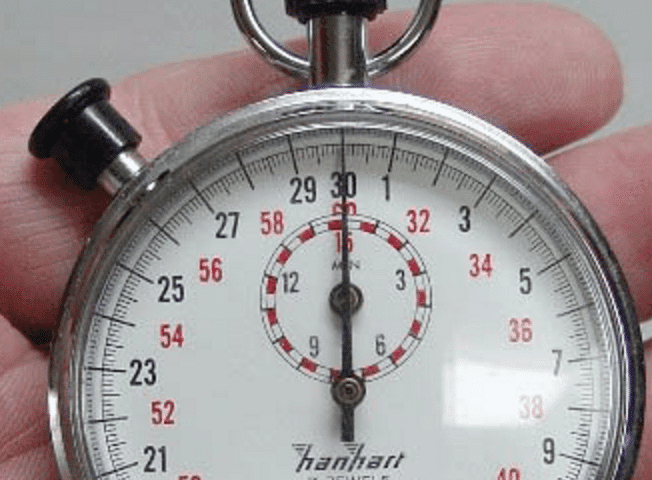

I recently spoke to the leader of the Service Employees International Union-United Service Workers West, which represents Los Angeles janitors, about some startling information I had heard earlier from a friend at SEIU-USWW.


Leo Hindery Jr. remembers the call he got the night before he was to testify before Congress, in September of 2007, to close a tax loophole enjoyed by private equity investors. It was from Stephen Schwarzman, co-founder of the Blackstone Group, the largest private equity management firm in the U.S.
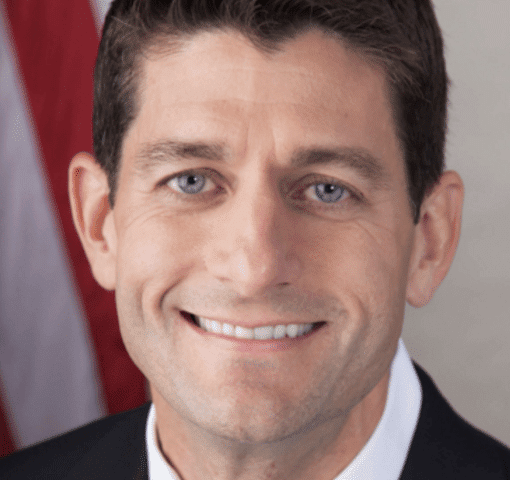
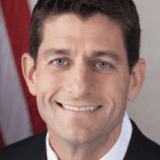
House Speaker Paul Ryan recently released a new “anti-poverty” plan that would only make it tougher for poor and working families to get by.
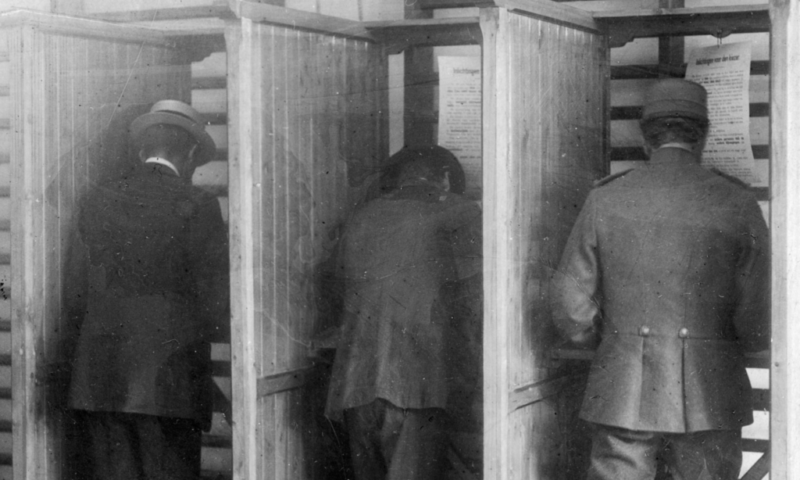
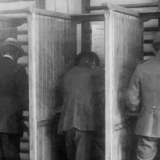
One of the unfortunate byproducts of the matchup between Hillary Clinton and Donald Trump is that the presidential race has already become a contest of personalities rather than one of ideas.


Dan Berman is a Davis, California-based author, researcher and teacher with a wry sense of humor and deep wisdom regarding labor union and social justice activism for healthy workplaces.